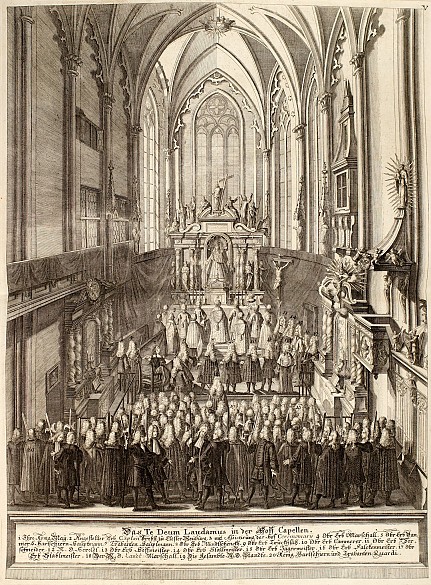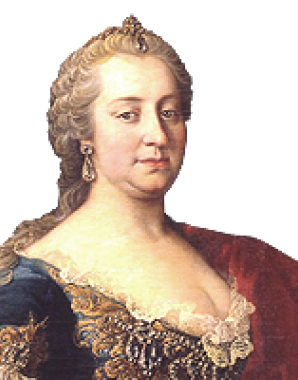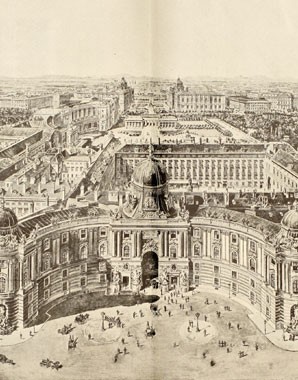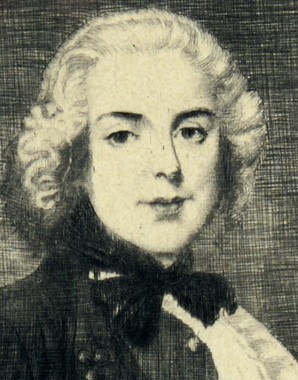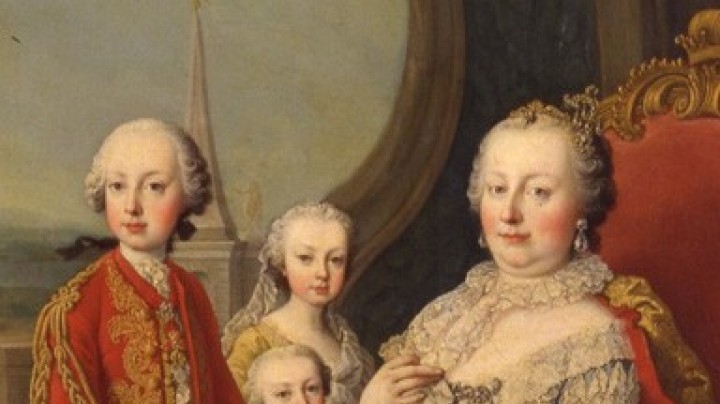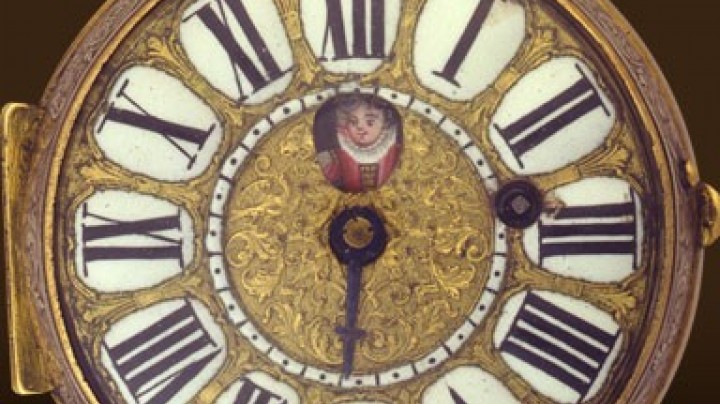A difficult legacy? The Hofmusikkapelle on its journey to the present day
As in many other areas, Maria Theresa made economies with the Hofmusikkapelle: frugality was the watchword at Court, and on top of that the orchestra was privatized.
From the mid-eighteenth century, around 50 musicians were regularly employed in the Hofmusikkapelle.1 Kapellmeister, 1 deputy Kapellmeister, 10 boy singers (5 trebles, 5 altos), 4 tenors, 4 basses, 2 organists, 12 violins, 2 violoncellos, 2 double basses, 2 oboes, 2 clarinets, 2 bassoons, 2 horns, 2 trombones, 1 flute, trumpeters and timpanists (are appointed to Court service).
From 1740 to 1745 the Hofmusikkapelle was no longer the imperial Court Music – Hofkapellmeister Georg Reutter was contracted to be responsible for the Court Music, receiving an annual sum of 20,000 gulden. However, this outsourcing had to be rescinded; from 1772 the payment books again list expenses for the Hofmusikkapelle, which had by then shrunk to no more than twenty individuals. In 1746 Maria Theresa separated the sacred music section of the Hofmusikkapelle – for which Reutter was responsible – from the secular section that covered operas, ‘serenatas’ and public Tafelmusik, thus replicating the organizational structure that had existed in the Renaissance. From this point on, the Kapelle had a constant total of around fifty musicians.
In the Viennese classical period, the great advances were made outside the bounds of the Court, which was gradually losing its role as initiator. Antonio Salieri had been appointed Hofkapellmeister in 1788 and had a decisive influence on the repertoire long after his death. Franz II (I) mainly wanted to hear the Hofmusikkapelle performing church music, so Salieri conducted performances of masses by Mozart or Michael Haydn. He also taught Franz Schubert when the latter was a boy singer in the Court chapel choir and had a considerable influence on him.
In the latter years of the Monarchy, in a move calculated to bring about the reorganization of the Hofmusikkapelle, which now limited itself exclusively to sacred music, Anton Bruckner was appointed Court organist. However, the desired modernization came to nothing. Under Franz Joseph, the cultural scene was dominated by aristocrats and members of the haute bourgeoisie and intelligentsia; the emperor himself had virtually no part in it.
A relic of the Monarchy, the Hofmusikkapelle is still active today and responsible for church music in the Hofburg chapel. Masses by composers such as Schubert, Haydn, Mozart and Bruckner are performed primarily as tourist attractions. The orchestra consists of members of the Vienna Philharmonic Orchestra, and the choir is the Vienna Boys Choir, which is a long-standing and traditional part of the Hofkapelle.
